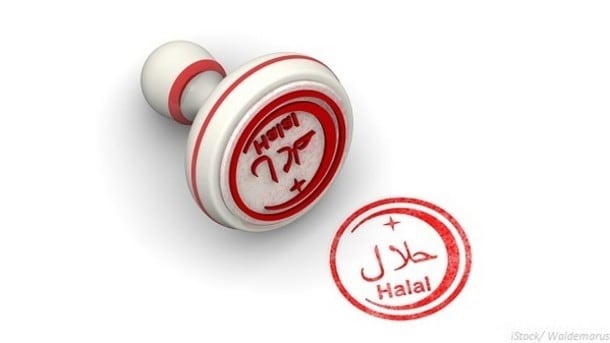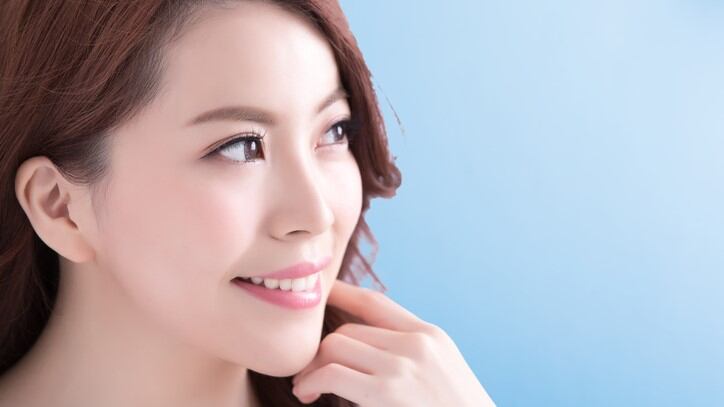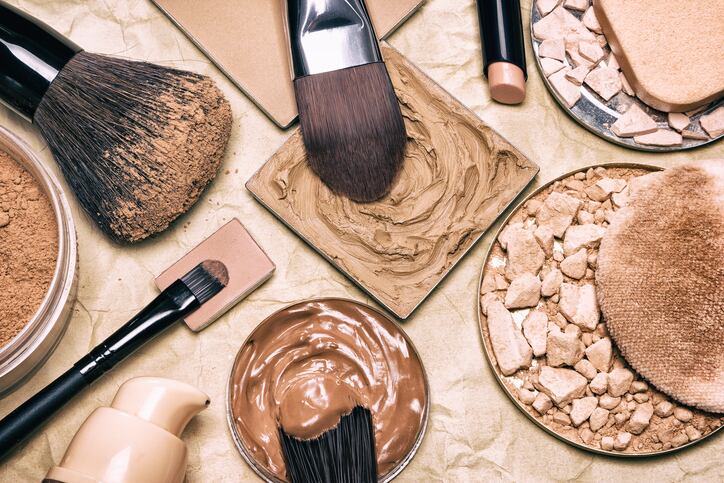1 – Halal beauty: How the thriving segment is reshaping Asia’s cosmetics landscape
Once a niche segment, halal beauty is now affecting Asia’s personal care landscape in tremendous ways in terms of trends, opportunities and regulation.
Indonesia, for instance, has passed a law to make halal certification mandatory by October 2019.
“[This means] products must be certified according to the Indonesian halal certification process, which is different from the Malaysian certification process. That means that even Malaysian companies are now reformulating and asking for this new certification to adapt to Indonesia,” explained Florence Bernardin, founder of consultancy Information et Inspiration.
She added: “Indonesia wants to lead in halal certification by being the first country to be entirely halal. Indonesia’s size might make it the future leader of halal beauty.”
Despite being a smaller market, beauty companies such as K-beauty giant Amorepacific are investing in Malaysia for its halal expertise.
Like Indonesia, the Muslim country is working on tightening halal regulations. For instance, it is working to create a halal standard by introducing a halal ISO and the international halal blockchain.
2 – Korea duty-free cosmetics concerns: New labelling system to prevent illegal re-selling
The Korea Custom Service has introduced a new labelling system for duty-free cosmetics as part of a drive to crackdown on the illegal buying and reselling of products.
According to the official statement issued by the Korea Custom Service (KCS), this measure is already in place.
This month, Amorepacific and LG Household and Healthcare (LG H&H) will begin to tag their duty-free products with the labels.
The agency explained that it began with products from these companies because they account for 80% of all duty-free cosmetic purchases.
KCS added that it plans to recommend printing methods and stickers to companies to support the new labelling system.
3 – Skin scandal: 13 Thai celebrities could face jail time over ‘misleading' Magic Skin ads
The Food and Drug Administration of Thailand is taking action against 13 local celebrities for their alleged roles in promoting unlicensed cosmetic and weight loss products from Magic Skin.
The Royal Thai Police has summoned them to hear charges for endorsing the products, which harmed almost 1,000 consumers.
During a press conference, FDA deputy chief Prapon Angtrakul said these 13 public figures could face imprisonment if found guilty.
4 – Changes, challenges and opportunities: ACA President on sustainability and regulation in APAC
Consumer demands, sustainability concerns and regulatory developments amid a backdrop of global trade disputes will take centre stage at the ASEAN Cosmetics Association’s Leaders' Forum next month, the organisation’s president Le Chau Giang told us in an exclusive interview.
Le said the cosmetics industry was facing a multitude of changes from different aspects, not least rapidly changing shifts in consumer behaviour.
“Consumers are continuing to focus on more natural and organic products as well as personalisation. With Chinese consumers travelling the world in massive numbers, it is changing the way the cosmetic industry does business.”
5 – Rules of engagement: How to stay on the right side of ad regulations in Korea
Fact, fiction or exaggeration? One industry expert explains how advertising rules in Korea have changed and how she expects them to continue evolving with the trends.
Korean advertising guidelines have undergone many changes in recent years, said Chin. For instance, cosmetic companies used to be limited to using phrases from a pre-approved list.
Today claims such as anti-wrinkles can only be made with approval from the Ministry of Food and Drug Safety (MFDS)
“Functional claims, such as SPF, whitening and anti-wrinkle, need to be approved by the Ministry of Food and Drug Safety before the product is released to market. And finally, claims such anti-ageing or anti-cellulite need to be substantiated with scientific data,” said SooYoung Chin, President of Chin Soo Young Consulting.





